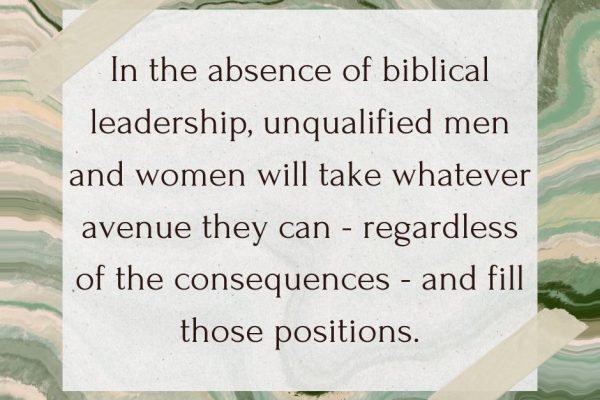
I feel the deep, aching weight of betrayal when I think of Absalom’s attempt to overtake the kingdom of his father, David. How must it have felt to be forced to flee the city he ruled because the plot his child had been working for years came to fruition? Did he forsake God? No. Did he fail to seek His aid? No. Even when he learned that Ahithophel, one of his close advisors, was among Absalom’s conspirators, David didn’t lose faith. While he was running, regrouping, and planning, he turned to God and asked, “O Lord, I pray, turn the counsel of Ahithophel into foolishness!” (2 Sam 15:31, Unless otherwise stated: Scripture is taken from the New King James Version®. Copyright © 1982 by Thomas Nelson, Used by permission. All rights reserved).
Though he wouldn’t know it immediately, the answer to his prayers arrived in the next verse:
“Now it happened when David had come to the top of the mountain, where he worshiped God — there was Hushai the Archite coming to meet him with his robe torn and dust on his head.” (2 Sam 15:32).
David sent him to “defeat the counsel of Ahithophel” (2 Sam 15:34).
Hushai managed to gain Absalom’s trust and gave him advice that he accepted over Ahithophel’s, “For the Lord purposed to defeat the good advice of Ahithophel, to the intent that the Lord might bring disaster on Absalom” (2 Sam 17:14).
Review what happened, and see if you can identify a pattern that we might learn from today. David had a problem. He prayed. He made a plan. God made the plan work. Absalom was defeated, and David regained his kingdom.
You may experience a traumatic event in your life for which you see no answer and to which you have no clue how to respond. May I suggest that you first react by turning to God for help. Next, you do the best you can while awaiting it. He might have answered it in the next verse, and you can only know if you remain faithful.
Van



